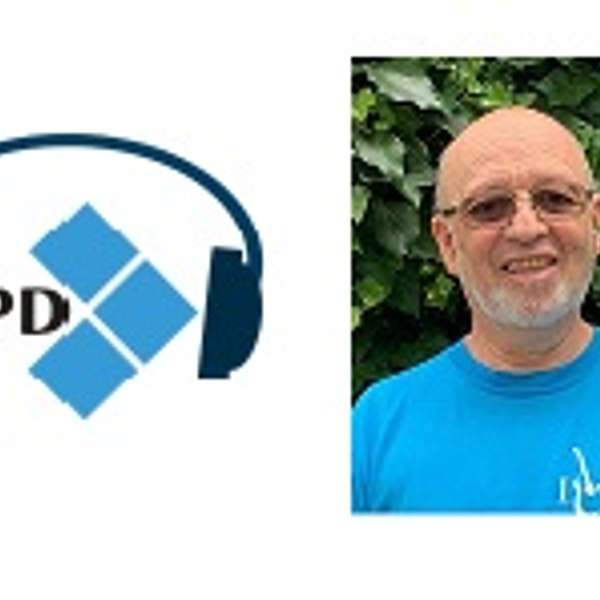
ATA SPD's Podcast
ATA SPD's Podcast
ATA SPD Podcast, Entrevista a Rudy Heller
Resumen:
En el Episodio 10, Andy Benzo, miembro de la ATA desde 2000, traductora certificada por la ATA, y miembro de los comités de Medios Sociales y de Desarrollo Profesional de la SPD, tiene el honor de entrevistar a Rudy Heller, quien nos deleita con recuerdos de su añorada ciudad colombiana de Cali, donde creció y desarrolló su pasión por la traducción. Rudy habla sobre los inicios de su carrera como traductor e intérprete después de mudarse a los Estados Unidos, su desempeño como antiguo corrector en el programa de certificación de la ATA y su extenso voluntariado como exadministrador de la División de Español, antiguo director y secretario de la Junta de la ATA.
Rudy comparte interesantes anécdotas de su carrera, reflexiona sobre la evolución de la profesión, explica la diferencia entre la traducción mecánica y estratégica y, finalmente, desde su perspectiva de instructor, opina sobre cómo se debería capacitar al traductor del futuro ante la constante evolución de la inteligencia artificial en los campos de la traducción y la interpretación.
Summary:
In Episode 10, Andy Benzo—an ATA member since 2000, an ATA certified translator, and a member of the SPD Social Media and Professional Development committees—has the honor of interviewing Rudy Heller, who delights us with memories of growing up in Cali, Colombia, where he developed his passion for translation. Rudy speaks about the beginnings of his career as a translator and interpreter after he moved to the United States. He talks about his work as a former grader of the ATA certification program, his active and extensive volunteer work in the ATA as a former administrator of the Spanish Language Division, and his service as a former director and secretary of the ATA Board.
Rudy shares interesting anecdotes of his career, reflects on the evolution of the profession, explains the difference between mechanical and strategic translation, and, from his perspective as an instructor, he opines on how the translator of the future should be trained in the face of the constant evolution of artificial intelligence in the fields of translation and interpretation.